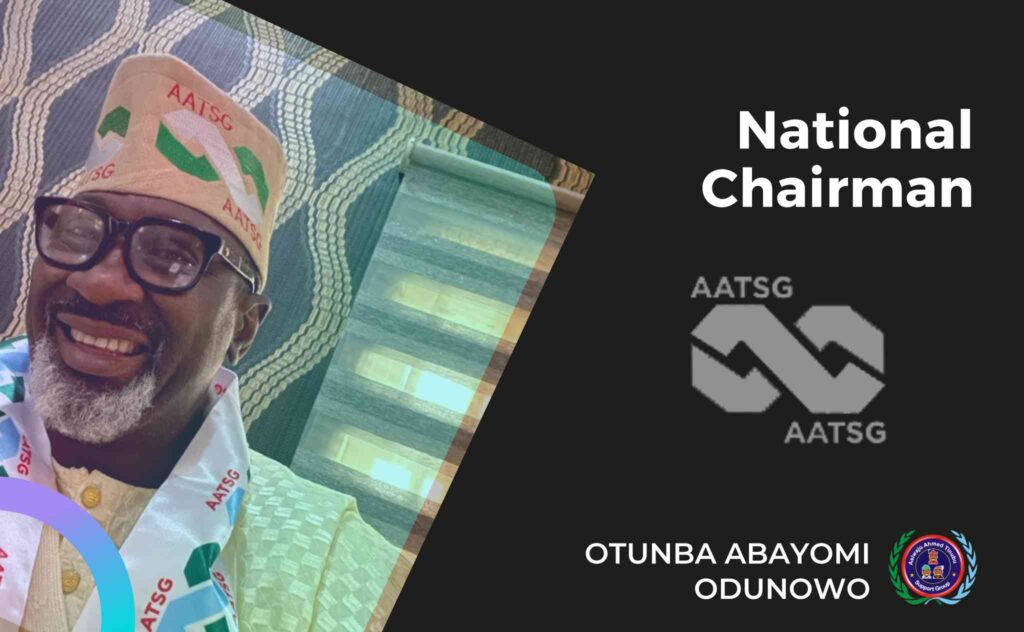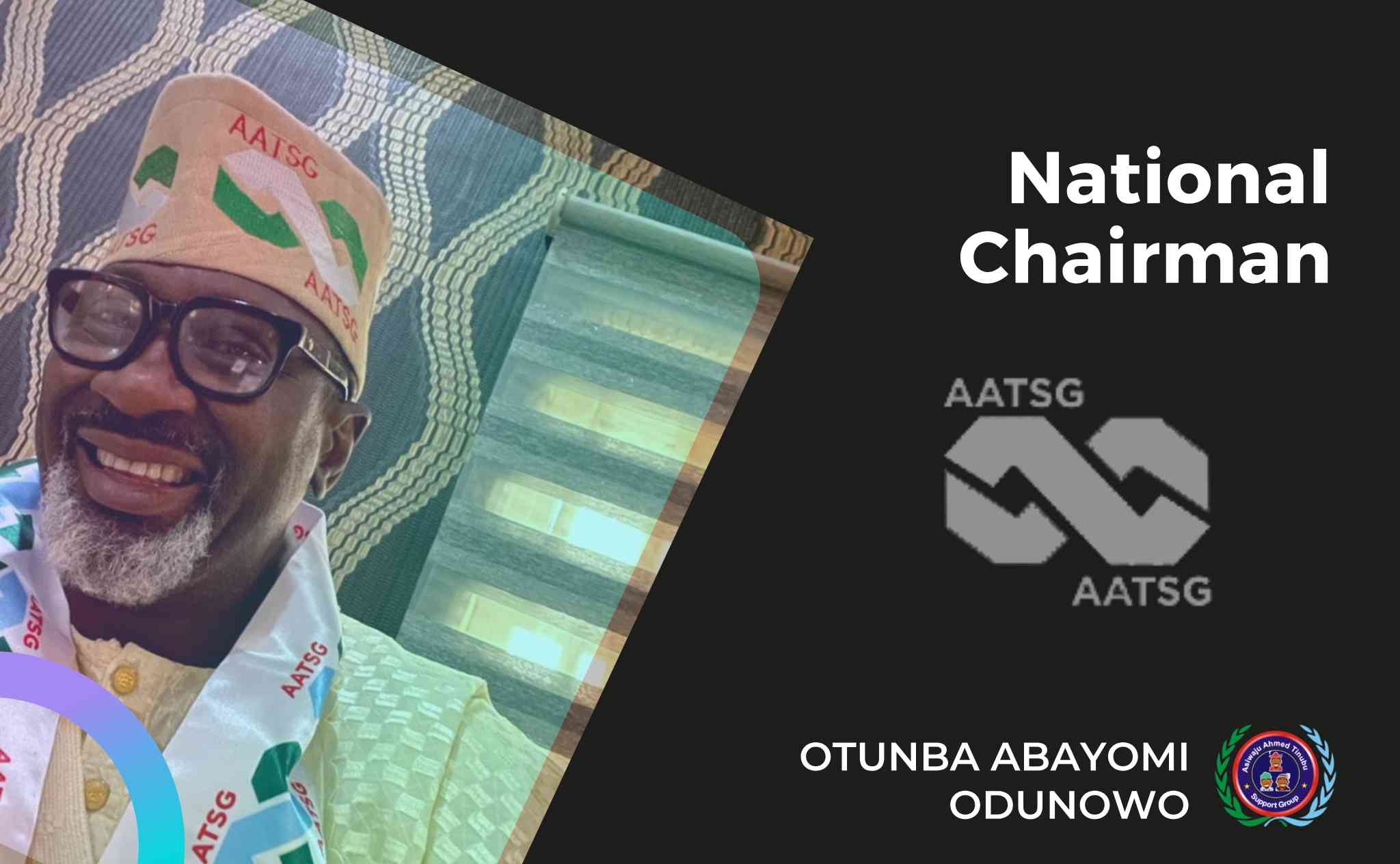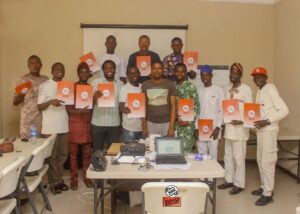Our Mentality our greatest impediment to our growth! Odunowo

The National Chairman of AATSG Otunba Abdulfalil Abayomi ODUNOWO, shares is thoughts; Nigeria is bedeviled with several types of mindsets that have consistently affected the growth and development of our country this mentality of our and can be considered the worst culprits to our realization of the very essence of our promise, depending on the context. Here are some of thoughts of what we need to face as a country jointly irrespective of tribe or religion as we need to start thinking only as a Nigerian:
Passive-Aggressive Mindset: this is the absolute worst type of difficult person as they appear to comply with the needs of others but then passively resist following through. Or they use indirect methods to express their thoughts and feelings, so their intentions are never entirely clear.
Entitlement Mentality: This is considered a terrible disease of all by some, It leaves people alive physically but broken mentally, weak instead of strong, and dependent instead of independent.
Catastrophizing Mindset: This is a habit of negative exaggeration, where one always thinks the worst-case scenario, this leads to panic, wasting time and money, and relationship troubles.
Self-Destructive Mindset: This is the mindset is very common amongst certain tribes in the country, It involves ruminating on all your “failings” and negative experiences, leading to a lack of self-confidence and self-esteem.
Complacent Mindset: This is a threat to personal growth, business, and relationships. A complacent person always confuses themselves to be an optimist, satisfied with the status quo and unwilling to take risks or make changes.
Crab Mentality: This is a mindset where people try to bring others down to their level instead of working to improve themselves, It can lead to jealousy, resentment, and a lack of progress for everyone involved, this is also prevalent in certain tribes of our country.
Anti-Intellectualism: This is a mindset that rejects or distrusts intellectualism and knowledge, It leads to a lack of critical thinking skills, ignorance, and a resistance to change, effectively affect the growth and development of the Nigerian tribe that is prevalent
One-Upper Mindset: This is a mindset where people always try to one-up others in conversation, It can lead to a lack of empathy, competitiveness, and a focus on personal achievements rather than collaboration.
Solving the problems of bad mentality in a society requires a multi-faceted approach. Here are some strategies based I think might help our country if utilized:
Raising awareness: Educate people about the impact of negative thinking and the importance of cultivating a positive mindset. This can be done through workshops, seminars, or public campaigns.
Promote positive environments: Create environments that foster positivity and support mental well-being. This can include implementing policies that promote work-life balance, providing mental health resources, and encouraging a culture of gratitude and appreciation.
Encourage self-reflection: Help individuals recognize and challenge their negative thought patterns. This can be done through practices such as journaling, mindfulness, or therapy.
Promote positive relationships: Surrounding oneself with positive and supportive people can help counteract negative thinking. Encourage individuals to build and maintain healthy relationships that uplift and inspire them.
Encouraging personal growth: Foster a culture of continuous learning and personal development. Encourage individuals to see problems as opportunities for growth and improvement.
Address underlying issues: Identify and address any underlying issues that contribute to negative thinking, such as low self-esteem or mental health challenges. Provide access to resources and support for individuals to address these issues.
Leading by example: As leaders and influencers, demonstrate and model positive thinking and behavior. This can inspire others to adopt a more positive mindset.
Remember, changing the mentality of a society takes time and effort.
It requires a collective effort from individuals, communities, and institutions to create a positive and supportive environment that fosters mental well-being.






